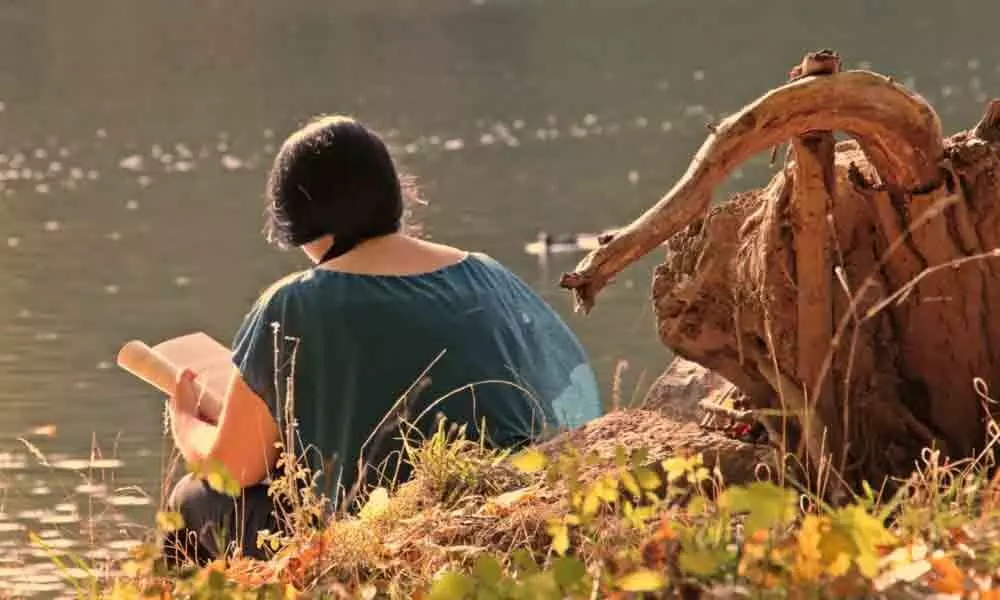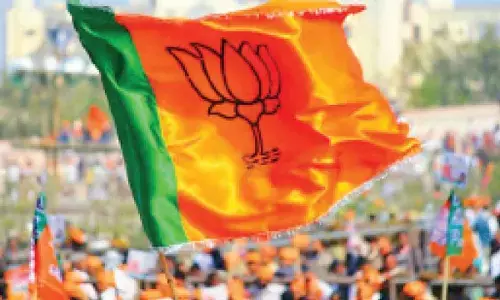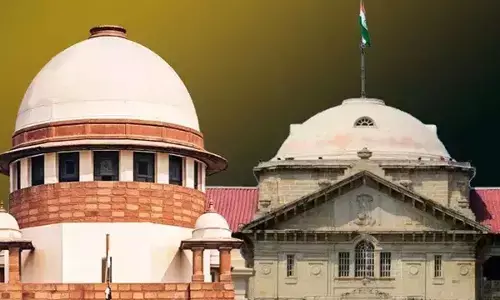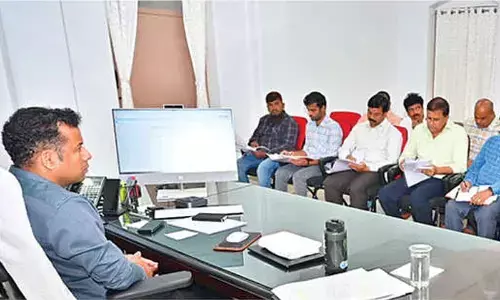Translations speed up democratization of literary culture
 We have translated works from Telugu, Malayalam, Tamil, Bangla, Hindi, Assamese, Odia, and Marathi, among others, and have more recently translated some of our core copyrights from English into Hindi - Niko PFund, OUP
We have translated works from Telugu, Malayalam, Tamil, Bangla, Hindi, Assamese, Odia, and Marathi, among others, and have more recently translated some of our core copyrights from English into Hindi - Niko PFund, OUPThe state of affairs in inter-lingual translation amongst Indian languages is not so bright
Translations are an important step towards the democratisation of literary culture as they break down elitist distinctions. Inter-lingual translations into regional languages need to be encouraged, even as the culture-specific transfer of symbols, metaphors and myths from Indian languages to English could be problematic, experts in the genre say.
"Translation is unavoidable and is an important step towards the democratisation of the literary culture insofar as it breaks down the elitist distinction between the creative writer and the translator," Himansu Mohapatra, a former professor in the English department at Utkal University, said.
"This was evidenced in my own case. I transitioned from being a non-translator to be a translator once I knew it was a matter of not being born with the gift, but of finessing a skill you acquired," he added.
Mohapatra and Paul St-Pierre, a former professor in the Department of Linguistics and Translation at the Universite de Montreal, co-translated into English the works of nine Odia authors, published by the Oxford University Press (OUP) as 'Basanti'.
As far as the translation of Indian language books in English is concerned, the situation is looking up, Nirmal Kanti Bhattacharjee, who has held a series of senior appointments with the Sahitya Akademi, including the editor of its "Indian Literature" bi-monthly and is currently Editorial Director of Niyogi Books, one of India's fastest growing publishing houses, said.
"Many major publishing houses are commissioning translations from various languages. But unfortunately, the state of affairs in inter-lingual translation amongst Indian languages is not so bright. Very few books are being done from one language into another without the support of the government bodies like the Sahitya Akademi and The National Book Trust.
"I would believe that this should happen spontaneously and should be driven by the market forces. So, the road map ahead is to continue with the good work being done in English translation and at the same time strongly encourage inter-lingual translation into regional languages," Bhattacharjee explained.
According to Professor Raj Kumar of the Delhi University's Department of English and an expert on Dalit literature, a translation is the discovery of a new text.
"In order to make it available to a wider audience, I translate an Indian language text into English. A translated Dalit text, especially in English, can mobilise opinions across the globe to fight against caste, class and gender oppression in India.
"Translation has a big role to play to get connected to people of different languages, cultures and literature. I will definitely try to translate as many Indian language texts into English," added Raj Kumar, whose other strengths are Indian writing in English, Oriya literature and post-colonial studies.
What then, are the hazards of translation?
"The hazards... are external in the sense that the author whose work you are translating may turn out to be too self-obsessed and deny you as a translator the space you need. If the author is dead, there may be a real problem with regard to the clearing of the copyright," Mohapatra explained.
"I do not, of course, wish to minimise the difficulties of the translation inherent in that journey back into a different time with its different semantic and cultural ethos which must be respected and diligently rendered. But what is best about translation is the process of approximation through successive drafts and negotiations. There is a gusto about that," he added.
Bhattacharjee said one of the major hazards in translating a works from Indian languages into English is the culture specific transfer of symbols, metaphors and myths.
"Sometimes it becomes extremely difficult to find equivalent terms or expressions in English for a word or a phrase in Indian languages. The narrative styles in some of the languages emulate the 'kathavachak' style of yore. This does not easily lend itself to conversion in English, the cultural background of which is totally alien to us," Bhattacharjee explained.
Raj Kumar said he finds difficulties in translating regional idioms into English.
"Also, the expression of an Indian language text may not come out to that extent in a translated text," he added.
Niko PFund, Global Publisher, Academic Division, OUP, which has been publishing in India for more than a century, is upbeat about the future of the and has big plans for the days ahead.
"Going forward, we are focusing our efforts on a programme called Oxford Global Languages (OGL). OGL draws on OUP's vast lexicographical experience and resource to create definitive digital dictionary data sets for dozens of the world's languages and make them available to tech developers to empower a new generation of software and applications in native Indian languages," PFund said.
"We are the only academic publisher in the country that has been translating books from regional languages into English for decades. During this time, we have translated works from Malayalam, Telugu, Tamil, Bangla, Hindi, Assamese, Odia, and Marathi, among others, and have more recently translated some of our core copyrights from English into Hindi and Bangla as well," he added.








